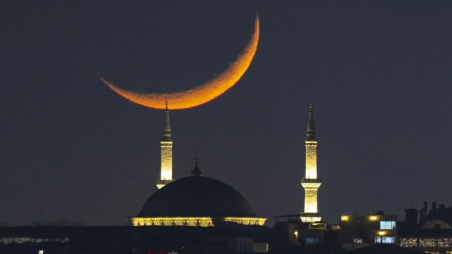Ramadan holds significant importance in the Islamic calendar as a sacred month dedicated to fasting, prayer, and introspection. During Ramadan, Muslims abstain from eating and drinking from fajr to sunset. It’s not just about abstinence hungry, though. It’s also a time for self-discipline, spiritual growth, and connecting on a deeper level with Allah.
Beyond physical fasting. It’s a time for increased devotion, reading the Quran, giving to charity, and performing acts of kindness. It’s a time for Muslims to focus on their relationship with Allah and strive to become better individuals.
It’s a time for self-reflection, gratitude, and seeking forgiveness. It’s a time to remember those who are less fortunate and to be grateful for the blessings in our lives. Ramadan is a time of spiritual rejuvenation and a chance to fortify our faith.
The Quran, in verses 2:183-185, emphasizes the importance of fasting as a means to learn taqwa i.e piety. The overarching theme of Ramadan centers on cultivating a profound reverence for Allah in both public and private spheres. Taqwa is a valuable quality that keeps believers aware of God at all times. It encompasses righteousness, consciousness of God, and the desire to do good and avoid evil for His sake. Fasting teaches us patience, which is essential in cultivating taqwa.
As Muslims, Ramadan has come as a virtual mentor to teach and instil into us the habit of perseverance and strong endurance to keep the commandments of Allah (SWT). Let us all see this sacred month as a guide that has come to lead us aright and as a beacon that has come to light up our path and show us the way to Jannah, the ultimate destination.
Above all, let us remember that the essence of Ramadan revolves around piety and unwavering reverence for our Rabb, the Almighty Allah. With a devout soul grounded in piety, all other aspects of spirituality fall into place effortlessly.










